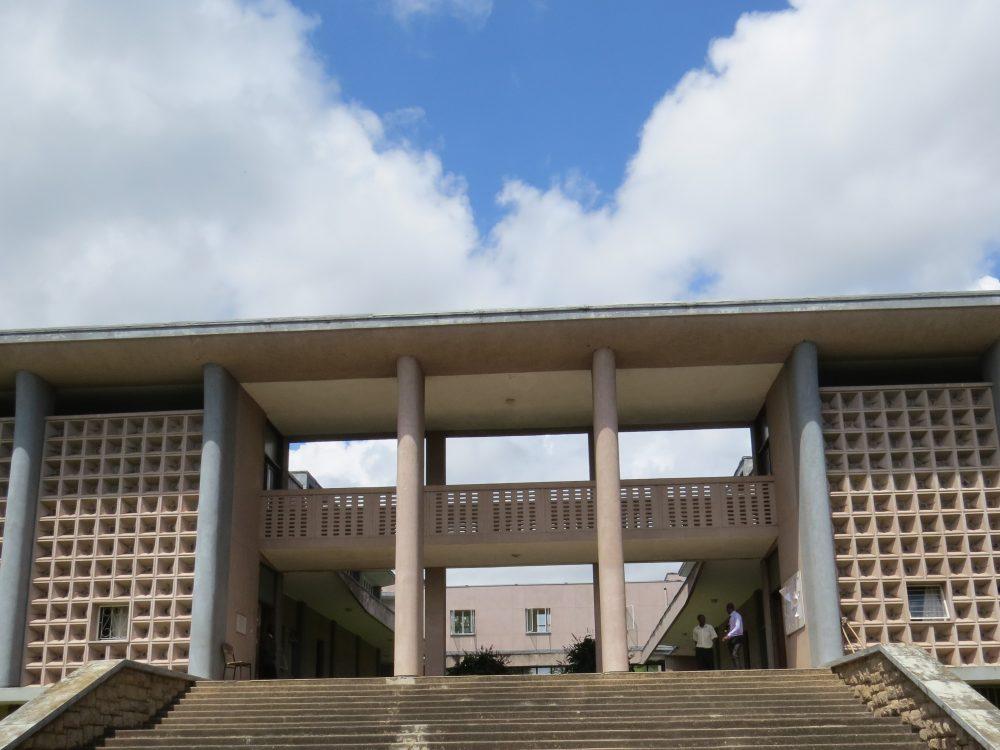Africa-Press – Malawi. Every morning, little Esther, 5, has to be picked by prison warders from Mzuzu Prison to a nursery school in Katoto in Mzuzu City. She is not like every other child.
She goes to school without breakfast, not to mention of a container of snacks like other children do. Esther could have know thought that prison would be her home.
And until a foster parent or childcare centre whisks her away, she shall be a victim of circumstances or, better put, jailed because of her mother who was sentenced to life imprisonment.
The mother was convicted for murder. Worse still, Esther’s mother is from Lilongwe, serving the jail sentence at Mzuzu Prison where there are no relations to visit her for food and clothes.
The five-year old literally has no friend in prison except her mother. Opening a packet of tommy puffs she received at school, she told The Sunday Times that she used to chat with Promise but she is gone.
Promise was also living with her mother behind the prison walls; lucky for her, the mother finished her prison sentence. At school little Esther is probably one of the most jovial, bright, charming and at her age she is already possessed with good sense of humour.
She has a charismatic face that she befriends most. At the time of our visit at the school on Wednesday, her teacher, Emily Msiska, was of the view that the little girl, currently in standard one, would scoop the first position in her class. Msiska enrolled the little one at her school for free.
But still Esther lacks food, clothes and most importantly better shelter for her upbringing.
“I wish I could keep the child in my house, but my house is full and I am engaged in many things. But I must say the child is very intelligent,” Msiska said.
Esther is among 31 other children who are in prison cells across the country because their mothers were incarcerated.
National spokesperson for Malawi Prison Services Chimwemwe Shaba said two other women inmates are expecting at Kasungu and Ntcheu prisons.
Shaba admitted that prisons are not good places for a child upbringing, describing the environment as hostile.
“You know the life of prisoners, it’s so hostile. So upbringing of a child is always compromised. That is why as a prison service in collaboration with the Ministry of Gender, once we open the prison cells we send these children to the nearest nursery or primary school,” he said.
Speaking earlier, Gender Minister Patricia Kaliati said the government will ensure that the children go to school while their mothers are serving their prison sentences.
“Indeed, the children are there [in prison] and we are aware of that. Our current mission is to make sure that these children attend classes outside the prison facility and then be returned to their mothers daily after school,” she said.
Child rights expert, George Kondowe of SOS Children’s Village in Mzuzu said if a child is accompanying a mother in a prison, the child’s developmental needs are not met and it is injustice to them.
“We realise that a child needs that motherly bonding and that requirement that a child is supposed to have access to mother in the first 1000 days.
“But beyond such a period what is important is to make an assessment and see if that child can be given an alternative care while the mother is serving a sentence in jail,” he said.
The law provides that a breastfeeding child of a female inmate may be permitted to live with the mother until the child has been weaned.
Once that is done, the prison service is required to place the child with relatives or family friends willing to support the child.
In the absence of such people, the children can be taken to government approved care centres.
“Generally, so long as there is support where the child is going, the child can be taken away from the prison at any age even a day old,” said Shaba.
In Malawi prisoners are fed once a day, and female inmates are no exceptional.
This means the 31 children are subjected to similar treatment apart from spending nights in the tight and badly ventilated prison rooms.
For More News And Analysis About Malawi Follow Africa-Press






